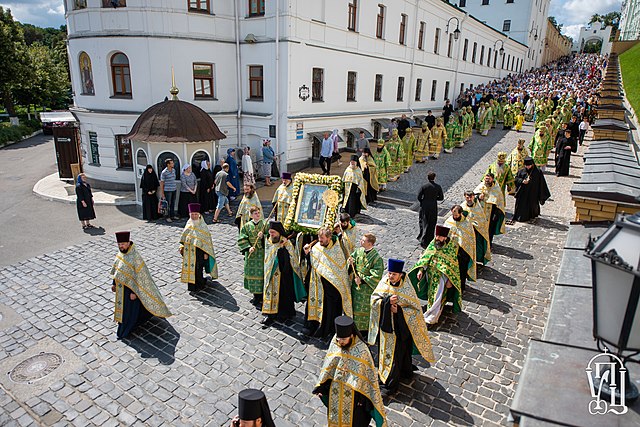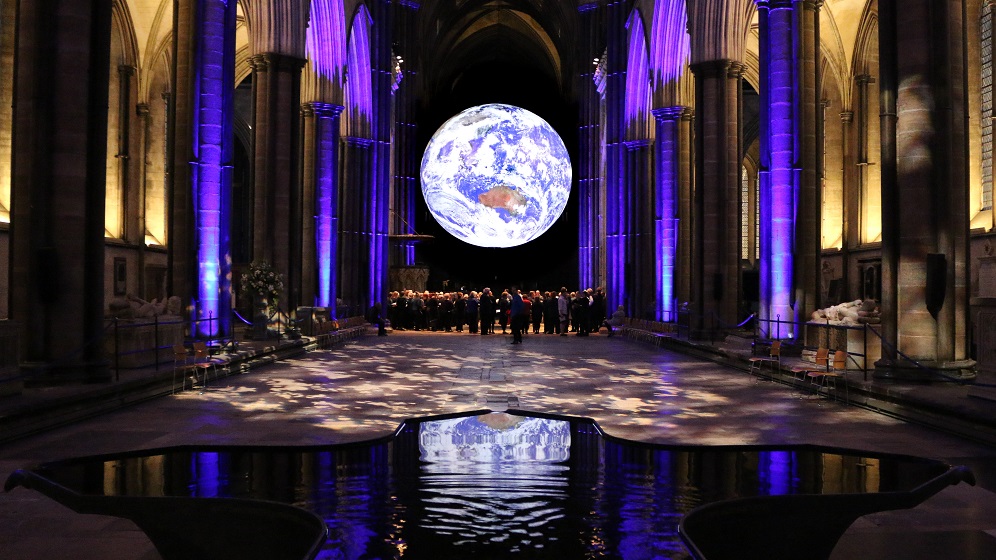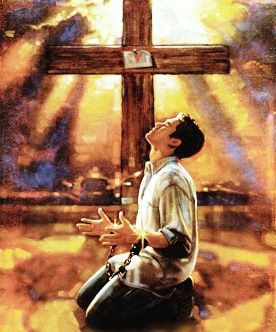The song for
today is a chant from the French Taize community, and is (as John points out) a
setting of Psalm 103. The setting in
Sing Praise includes nine short chants for solo cantor, each intended to be
sung over a choir singing the 4-part refrain.
The refrain is often used on its
own: “Bless the Lord, my soul, and bless God’s holy name. Bless the Lord, my
soul, who leads me into life”.
That last
phrase intrigues me – “who leads me into life”.
I have also seen a version of the same song giving it as “who rescues me
from death”, both of them probably deriving from verse 4 of the original Psalm,
“who delivers your life from the Pit” (NRSV).
I happen to have a Taize prayer book so I looked to see how the
community translates the psalm for their own worship: the relevant phrase is “qui
rachète à la fosse ta vie”
– literally, “who buys back from the ditch your life”. The translation in this English
version of the song puts that idea into one of the cantor’s verses: “The Lord
is forgiveness and redeems our life from the grave”.
All these carry the same idea, not yet
the full Christian concept of Jesus dying to redeem us from our sins, but a
foretaste of that, a germ of the idea. Without
God’s blessing we would all end up in the ‘pit’ of death or Sheol – the old
Hebrew concept of the afterlife as neither heaven nor hell but an undesirable,
eternal nothingness or meaninglessness. A pit is a hole that is too deep to climb out
of unaided, as the biblical Joseph found. To believe in God and accept his
blessing is to accept a hand up out of the pit, to find meaning where there was
none, to find eternal life instead of merely existence, to receive (as Jesus would
later put it) “life in all its fulness”.
Which is presumably why the refrain uses the more positive interpretation:
if we are bought back from death, then by implication we are indeed led into
life.
Imagery like this seems pertinent at
this time of Covid lockdown and isolation.
Today is the tenth and last day of our isolation at home, and even
though the freezing weather has not been conducive to going out walking much
anyway, it will be good to get out tomorrow, if only to the shop with a mask
on. I can get out of this little pit and
get on with life in the limited way currently allowed, and look forward to a ‘new
normal’ at a later time. For those who live alone all the time and cannot get
out on their own, for those in prison or trapped in controlling relationships,
or in unrelieved pain, it must be far worse.
For some people, even death may seem like a positive way out, and God is
the only one who can lift them up.
The Christian promise is that the
reality is much better than we might dare to hope. If we give ourselves to God, then we can find
peace among the troubles of this life, and know that beyond death is not mere
existence in a pit but a new creation where fullness of life will be something more
than we can now imagine. Bless the Lord, my Soul!



